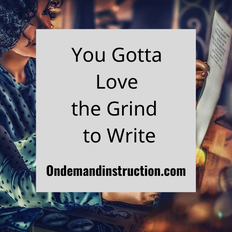
Not long ago, I heard someone say that the only people who like to cross country ski are people who love the daily grind. These are people who understand what it takes to get up early, work hard, take on underwhelming projects, and push through when it would be easier to take a break. I loved the idea, partially because I love to cross country ski and partially because it reminded me of why I love to write.
I have run across so many writers, and they’re each such wonderfully unique people. Some write for a short period of time, and some stick with it for life. I have met writers who scribbled a handful of letters to pass on to their grandkids and felt totally satisfied, and I have known others who struggled with never-ending novel series that took years to complete.
What I have observed about writers generally is that they like to work hard. They like to dig into a complicated story, a wild poem, or a new idea and wrestle with the words until something new emerges from the page. They like to get their hands dirty and don’t really mind struggling with a character that starts out cardboard flat and ends up walking and talking with as much complexity as the eccentric guy down the street.
Writers love to get out into the world. Yes, ours is a solitary hobby. We sit by ourselves, tapping away at the keys alone, and oftentimes use devices to block out the noise of life happening around us. But writers must delve into the truths of life to be able to write about them. Writers listen to conversations, they watch the way people move, and they taste the subtle differences in dishes. All these observations are deep dives into life, which writers do so that they can capture life experiences to put into stories. Success! Now check your email to confirm your subscription.
Writers tend to think about writing all the time. They read more books because they are involved in learning on an ongoing basis. They tend to have a high interest level in a variety of topics. Who else would want to know when to plant roses, how long a body takes to decompose in the desert, and the physicality it takes to ride a bicycle from Seattle to Portland? These are normal questions for writers to ponder and research. In fact, sometimes a writer will research a question for hours just to write a single line in a story.
Writers think about writing all the time. Many carry a writer’s notebook to capture ideas that come to mind in the middle of the day. Writers will say things like, “That would make a great story” when they hear a weird statistic or curious scenario. Writers dwell on which comeback they would have used two hours after being shouted at by a rude jerk. And they analyze movies for choices the writers made, rather than which explosions were biggest. The wonderful thing about writers is that they can see the depth of life. They can identify its smells and tastes and textures, because they seek out its stories. To be able to understand life so well that we can write about abandonment, desperation, ecstasy, and triumph means that we not only don’t mind getting close to life but we relish it.
The writing process can feel overwhelming to some, but most writers have the keen ability to turn coffee into words, which gives us an advantage to take on enormous projects, like 9-volume book series.
Gardeners, can work in the garden once a week for an hour or two and end up with a beautiful garden that the neighbors admire. Writers have to keep coming back to the page over and over again. An hour here or there will result in a completed story, but it will take ages, and no one will see the positive results until the words are arranged in their polished final version. It’s hard work that makes that happen. It’s having the drive to come back to the desk over and over again. It’s having the courage to open up the story and try again and again to edit the scenes to make them flow better.
Writers read, research, write, and revise in an ongoing cycle, because once one story is completed, most writers take up another one. To keep up with that kind of hobby, a person has to love to work and they have to find their flow when they dig into the process.
Writers are like that. We may take time away from the writing to handle life’s complications when they arise, but we are consistently hard workers. We put in the work, knowing the reward will come. Related Blog Posts
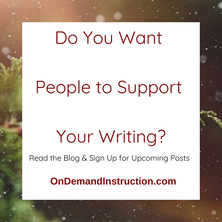 Whether you are writing for yourself, for a small audience, or for the publishing market, you probably appreciate when your writing is supported. That support may keep you going when you feel a little low. The little things can add up to keep you motivated and creative. When you spend your time alone, typing away at a keyboard, receiving positive support can be the difference between continuing in the craft or abandoning writing for another hobby. Few writers leave the craft altogether, but many take short breaks to recharge their batteries when they feel low. Writing can be a lonely hobby, especially when people don’t have the support they need. If You Want to Have a Friend, Be a Friend How does a writer find support? Drumming up support for one’s hobby can feel like a chore in itself, but the old adage is true: If you want to have a friend, be a friend. This certainly applies to writers. If you want to be a supported writer, then support other writers. One way to support writers is to spend time with them. I know this might sound a little bit silly, especially considering that writing is a solitary exercise, but finding someone who is willing to listen to story ideas can be a challenge. Offer to listen to another writer’s ideas about characters, storylines, poems, or research projects. By spending time listening to another writer talk about their ideas, you not only support another writer, but you also earn an ear to listen to your story ideas. Many writers process verbally, so talking about your writing can be a huge help to your writing process. Another way to support writers is to be willing to read their work. The editing and revising steps of writing can be brutal for any writer. If you have ever taken a story from initial brainstorm to publishable draft, then you know how much work it can take. Unfortunately, most people willing to read a piece of writing fall into two types: the “I love everything you write” type and the “here are the 500 errors I found” type. Neither of these readers is particularly helpful, because they lack the balanced perspective that a competent writer can offer during a revision.
Leave a Review for Every Book You Read Find local writers, your writer friends, and members of your writing groups and read their books. After you read their books, ask them where you can leave a review. Amazon, Goodreads, and Kobo all allow readers to leave original book reviews. These reviews can make an enormous difference for writers. The more reviews that writers have, the more likely their books are to be included in the criteria for search engines. I belong to a writer’s group in my small town. We show up to every author’s event at the library and local bookstore. We have three literary events a month: a critique group, a writer’s workshop, and a public reading night. By doing this, our group has doubled in size and we have created a community of writers who support each other. The effort is worth the payoff. Finally, if, by chance, you earned a degree in literature or history in college (as I did way back when), you may have an understanding of the classics and may be less aware of contemporary literature. Break out of the canon and spend time reading contemporary writers. Read outside of your comfort zone. Read books by people of color, people from other countries, and people from different socio-economic groups. Read outside of your usual genre. When you read newer writing, you have a better understanding of what is being published now, what is popular, and what topics writers are addressing. Reading modern literature puts you in touch with contemporary writers. When you find writers you like, reach out to them. Send them letters, write them emails, and follow them on social media. Getting connected to writers can help you build a literary network. You Get What You Give Develop a community of people who support writing, and offer support to other writers. When you do, you create a community of others who will support your writing. Though we write alone, we engage with life to find inspiration to write and we share our writing with others so that our words can comfort, instruct, and entertain. Our strength as writers is in our shared community as lovers of the written word, and it is within that community that we can develop support for our own writing as we support others in their creative pursuits. Related Blog Posts
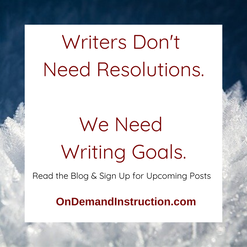
I am not a fan of New Year’s resolutions. I cannot think of a single time that my life changed significantly because of me following through on a resolution, and in fact, it seems that most of my attempts at resolutions have sent me backward on my goals.
What has worked for me is to decide on a small goal, meet it, then commit to another small goal and meet that. When I have followed the path of tiny goals, I have been much more successful than I ever was with resolutions.
Now, I understand that setting a small goal might feel like the same thing as making a resolution, but I would argue otherwise. When I set a resolution, it’s usually because some part of my personality, habits, or behaviors is driving me crazy and I want to overcome that by changing several patterns at once. Overnight, I’m supposed to eat better, exercise more, wake up earlier, and be more productive. But the reality is that I never do that because it’s too much all at once. I can’t focus on battling my middle-aged body and try to figure out how to get to the gym six days a week (in the snow no less) with kids, the house, the job, and so many life complications.
What works for me is to attempt a teeny-tiny goal, meet it, and then set another one. One example of when this worked well was the Inktober activity. In October of this year, I joined Inktober, where writers and artists create a single piece each day based on a one-word prompt. For the first week, I wrote a haiku poem (a haiku is a poem with three lines with syllables of 5-7-5). This activity only took me three to five minutes a day. The goal was tiny and I felt successful quickly. Success! Now check your email to confirm your subscription.
After writing a haiku poem for the first week, my confidence was up. So, I wrote a 50-word short story for the next two weeks. Each day, I would sit down and write a short story, which was usually closer to 100 words. I’d cut it down to 50 words, post it on Instagram, and move on with my day.
For the last week in October, I created a series story. Each day, I used the daily prompt and continued the story that I wrote the day before. The process was interesting, because I couldn’t go with a totally new idea because I needed to string several prompts together.
Inktober forced me to write every day for a month. Although I would love to say that I write every day all the time, I don’t. I write a few times a week and usually set aside one morning to write for a couple of hours straight. The problem isn’t that I lack the discipline to write every day; I lack the opportunity. Between work, kids, family, pets, and taking care of myself, I can’t make daily writing work. Yet, incredibly, I wrote every day in October for the Inktober project.
When I set a tiny goal (write a haiku poem, write a 50-word story), I was able to do what usually feels impossible. I was able to write for 31 days in a row. The outcome was exhilarating and I kept writing every day through November. In fact, the momentum generated in October got me through the rough draft of my next book, which I expected would take another two months to accomplish.
So, if you’re like me, skip the resolutions. If they don’t help you, then don’t bother with them. Instead, consider taking on a small goal, meeting it, and then another small goal.
Would you like some help doing this? This January, I plan to write a small piece each day. The prompts I’m following are listed below. If this sounds like fun, you’re certainly welcome to join me.
January Daily Writing Prompts
Each day, write a haiku poem, a free verse poem, a 50-word story, a 100-word story, or one paragraph (description of character, setting, plot, or scene) based on the prompt. Feel free to interpret the prompts in any way you choose.
|
Related Blog Posts
|
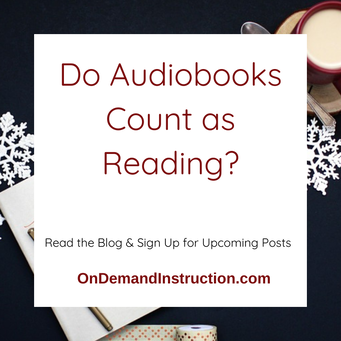
In reality, we read what we have access to. Many of us don’t have enough time to read paper books the way we once did. I remember growing up we would spend the first half of Saturday sitting around reading. But, in my current life, I don’t live that way. I work 50% more hours per week than my parents did, and I have a full schedule on top of my job. I am engaged in a number of activities: writers' group, working out, writing three different books, and household tasks. I also have my family to think of. My kids are busy (intentionally so). And each of these activities means time away from reading paper books.
Today, audiobooks are available everywhere and millions of people have caught on to the trend. Many people don’t want to listen to the news or the radio, but an audiobook can be a source of pleasure reading or informational reading depending on the title.
Subscribe to the blog and get tips and tricks that will support your writing.
Success! Now check your email to confirm your subscription.
Fellow writers have also expressed concerns that the audiobook misrepresents the author’s original intentions behind the text. You see, when a playwright composes a piece for the theater, they intend the piece to be performed by professional actors for a live audience. But when an author composes a piece, they intend the connection between writer and reader to occur on the page and not be interrupted by a reader’s intonations, emphasis, and vocal suggestions.
At this point, I would argue that it does. First, accessibility to audiobooks is higher than for paper books. People can listen to an audiobook while commuting, exercising, or doing mundane tasks. Reading a paper book is more of a challenge while doing a second activity. I know, I’ve tried. I used to try bringing my book to the gym and the only machine where it worked was the recumbent bicycle. With my audiobook plugged into my ears, I am free to roam the gym and can hit the machines and free weights that I need. The same is true for driving, walking, running errands, and cleaning the house.
The accessibility issue has greatly improved recently since the advent of smartphones. Now, people are downloading audiobooks using apps like LibriVox and Kobo where people can buy audiobooks and listen to them anytime their phone is nearby. Plus, readers can connect their phone to the car’s stereo system and never miss a line of the story. Technology has upgraded audiobooks for readers who used to have to carry around CD players and change out the CD every hour. Now, audiobooks have full streaming accessibility.
So, if you are not reading a book right now, go get one. The library has both CDs and downloadable audiobooks to check out (you can use apps to download them onto your phone). You can buy audiobooks for download, and even YouTube has audiobooks available for instant listening. Listening to audiobooks increases the number of books you complete each year, and that leads to a more knowledgeable, competent version of you.
Related Blog Posts
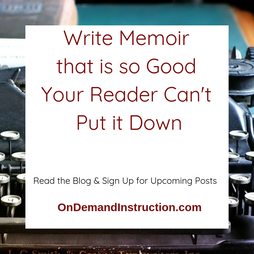
Think of the classic school biography project. These tend to start with the facts: date of birth, place of birth, and parent’s names. Invariably, the writer has lost the reader by the end of the first paragraph because the writing functions better as a sleep tonic than an engaging piece of writing.
How do we fix this situation? Memoirists can use fiction writing techniques to capture and keep their reader’s attention. We can use our creative storytelling skills when we write nonfiction to bring our personal stories to life. Though the stories are factual, they don't need to be boring.
I picked up the book because I wanted to learn about his ideas on sea farming, but I was pleasantly surprised by Smith's crisp, lively writing style which engaged me from the book’s beginning. Smith had me hooked from the first page to the last as he took me along his life journey from Canada to New England to Alaska and beyond.
What tools did he use to pull me into his memoir?
- First, he used sensory details and deep descriptions in his writing. He gives the reader a sense of the images, sounds, and tastes in the events that he experienced, and that brought me quickly into the story. When I read his narratives, I was there watching the scene and taking it all in. He showed me what was happening rather than just telling me the facts.
Subscribe to the blog and get tips and tricks to support your writing.
Success! Now check your email to confirm your subscription.
- Second, Smith focused on the story not on the facts. Of course, he included the facts of his life in the stories, but the focus was always on the story itself. As a Newfoundlander, he has an unfair advantage over the rest of us mere mortals. Newfoundlanders are famous for their storytelling and lovely ways of reorganizing language from a dull series of words into lyric poetry. When you read the examples below, you’ll see what I mean. The man can write!
Let’s take a peek into the book Eat like a Fish and see how he does it. Read the two quotes below. Notice how Smith pulls the reader into the situation with just a few words, and through just one paragraph, leaves us with a vivid sense of the story:
I had been welcomed by the new urban class of “foodies,” a strange, ritualized culture marked by the trancelike state they’d go into after the first bite of a new dish. A slight smile curled onto their faces as the oyster liquor hit their taste buds. Their eyes would close. A moment of silence. Then a practiced attempt at poetry, as they detailed the swirls of flavor. Never one to fetishize food—I still ate at the gas station most nights—I found this new and, at first, alienating. But, God, how they loved my oysters, my pea crabs, my slipper shells. I’d quickly become proud of the food I grew, and adopted their culinary dialect. (Page 107)
We didn’t need a laundry list of facts and figures to get a sense of what was happening or how Smith felt in this time of life. He is able to tell a story in just a paragraph.
I love this book, and I loved reading it. It filled me with fog and mist and green leaves and salty sea and cold sand. As I was reading it, I had a clear sense of where he was in life, the ideas he was wrestling with, and the life questions he had.
That type of storytelling gives the reader a glimpse into one’s life, and that’s one of the most powerful effects that we can have. When we pull the reader into our little corners of the universe and give them a peek behind the curtains, we create a level of intimacy and clarity that readers seek. A memoir reader wants to know about you, wants to know your stories, and wants that revelation of self.
When you tell a story for the sake of the story, you can give them what they want without boring them.
Related Blog Posts
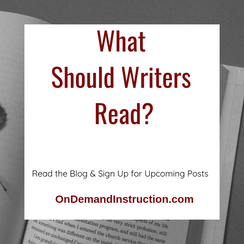
Every once in a while I run across a non-reading writer. Part of me is fascinated by the non-reader for a zillion reasons. Why would anyone write without reading? Why would a writer refuse to read what others are writing? How can a writer engage in the process of sharing information without reading? How are the non-reader’s messages so valuable that they won’t read from anyone else? How on earth would the non-reading writer become a better writer if they don’t read?
I don’t understand it, but I’m fascinated by it. And I want non-reading writers to know it's OK to start reading, because reading supports our writing.
Maybe it’s connected to our couch-potato culture. Maybe the phenomenon is related to the idea that a person is athletic if they watch football. Or that someone is a film critic if they have seen the last dozen Marvel movies.
Or is it that we have a hopeful, positive spirit as a people and envision that any of us can grow up to be anything we want? Isn’t that part of what drives us to keep buying lottery tickets on Saturday mornings?
I think most writers read and love to read. For many writers, the writing process is a cyclical flow of how we live our lives. We read, we interact, we observe, and we write. These steps flow together in a sort of creative pattern that engages us with the pulse of what’s happening around us and allows us to process life into stories.
Reading provides tangible benefits for writers. It keeps writers abreast of new writing in the world. It provides constant connection to the writing world. Every writer I know asks, “Have you read this book?” as part of their everyday conversation. Reading connects us to each other. And finally, reading hones the writing muscles. Although writing is a different process than reading, the act of reading hones our sense of language, structure, and flow. We have a better sense of what our writing should look and feel like when we read.
So, what should writers read? I mean, bookstores are big places after all. What kinds of books provide the most fuel for the writer’s tank?
What genre (or genres) do you write in? Are you a novelist focused on science fiction, horror, or post-modernist fiction? Is your current project a memoir that has taken a life of its own? Or are you intent on writing a nonfiction series to share what you learned in your career with newbies to the field?
You should be reading other writers in your writing genre of choice.
Every once in a while, I hear someone say they don’t want to read in their own genre, because they’re afraid of accidentally stealing other people's ideas or allowing another writer’s style to rub off on them. Honestly, that’s just silly. If you run across a good idea, use it. If someone else has a smoother style, learn from it. Whatever you write will be your own and will continue to develop over time. Reading in your genre will sharpen your own writing, inform your practice, and help you hone your space within the genre.
Subscribe to the blog and get tips and tricks to support your writing
Success! Now check your email to confirm your subscription.
Not only is it a good idea to read in your genre, but I’d also recommend that you read outside of your genre. There is so much to be gained by reading across the bookstore’s aisles. For example, I recently recommended Eat Like a Fish by Bren Smith. It’s a nonfiction account of his experiences as a fisherman and later sea farmer. The writing is exquisite and highly engaging. It doesn’t feel like nonfiction, although every word is true.
I recommended the book to a group of novelists. I think there is a lot that fiction writers can learn by reading good quality nonfiction. Smith is a master at telling a whole story in a single paragraph. His narrative style pulls the reader straight into the book and makes you care about the depth and complexity of the issues. And guess what? That is exactly what novelists are seeking to do.
Read outside your genre and seek out the gems hidden in the pages of those books. It can go far in informing your writing style.
There are at least a hundred books about writing. As you peruse the bookstore’s shelves, you’ll find books on how to be a better writer, memoirs on writer’s lives, and guidebooks on everything from the business of writing to the challenges of editing your own work. Read those books. Every one of them won't speak to you, so lean toward the ones that stand out—but read them.
I find that most writers have a few of these books they love and tend to return to time and again to re-read. Three of my favorites are On Writing by Stephen King, Bird by Bird by Anne Lamott, and Zen in the Art of Writing by Ray Bradbury. They’re spectacular. Every time I read these books, I feel like I’m reading a new book and I learn something different.
By reading about writing, you can better understand both the art and business of writing and where your work fits into the puzzle. You can also sharpen your own practice and work out the details so that your writing process fits your lifestyle and needs. By reading about writing, we become better writers.
So, if you aren’t a reading writer, it’s OK. You can change your ways and start reading today. And if you are reading already, you may want to look at what you’re reading and how well that genre guides your practice and supports your craft. Are you getting everything you need from your current process or do you need to update your choices to include more options? I tend to read in one genre too often, so the reminder to read in multiple genres helps me to branch out and read more broadly, and that reading pushes me to consider a broader audience when I write. You may be similar.
If you aren’t sure where to start, look at the genre you’re writing in now. Hit your local bookstore (or library!). Start with one genre and grab what interests you. After you read that first book, branch out and read a book about writing or in another genre.
Read. Rinse. Repeat. With every book you read, you will become a better writer.
Related Blog Posts
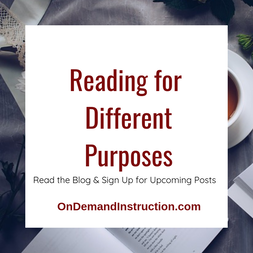
Here are four different approaches to reading that you might use:
1. Reading for Pleasure
For whatever reason, I have always read upside down. I have no idea why this is, but I absolutely love — and I mean love — to read with my feet in the air while lying on the couch. Ever since I was a little kid, I remember throwing myself down, my feet on the couch’s back, and settling in for an afternoon of reading.
Reading for pleasure should be an enjoyable activity. When you look back on your life and think about the loveliest moments, you might include your pleasure reading. This is the type of reading we do while drinking coffee, hot tea, or wine. This is the type of reading when we fall asleep and feel like a mid-chapter nap is just part of the process.
For pleasure reading, the book is one element of the experience. When we read this way, the whole action should be pleasurable: dozing off mid-chapter, drinking a favorite drink, snacking on delicate morsels, snuggling with the cat, and wrapping up in grandma’s homemade afghan, while getting lost in whatever book our nose is tucked in.
When we read for information, we are reading to learn. We come to a textbook to prepare for an exam. We read a series of articles to figure out a solution to a problem. We read nonfiction books so that we can be better informed.
Everything about this type of reading is different than reading for pleasure, although certainly we experience a kind of pleasure while learning. When reading for information, I sit upright and likely have a notepad nearby to take notes. Research supports taking notes while reading to increase memory, and I have found it to be true for myself.
I have a few different ways of taking notes while I read for information. I use sticky notes to mark passages in the book where I need to jot down an idea related to a specific passage. I also use smaller sticky notes that allow me to mark an important page so that I know where to reread after I finish my first read-through of the book. If I’m reading something detailed, I pull out a notepad and take notes by hand while I’m reading. When reading for information, I’m up, focused, with my notepad ready. No naps and cat cuddles here.
When we read for inspiration, we can find the middle space between reading for pleasure and for information. Some say that we read to know that we are not alone. Some say we read to connect to the collective intelligence of the universe. And others say we read to take the next step on our personal journeys. I would say that all of these are true.
Each of us comes to the printed page for a different reason, but many of us come to it to be inspired. In many ways, life can be a challenge, especially for those with health, money, or professional problems. When we come to read, books don’t judge us. In fact, many dozens of authors are solely dedicated to writing pieces intended to inspire.
The reasons that we need inspiration are endless. Maybe you've been thinking about remodeling the house and now you need ideas on upgrades you can afford. Maybe earning your PhD been a lifelong dream and you need to know what programs are out there. Maybe the allure of visiting Paris finally got its hold on you and you're curious about which restaurants serve gluten-free food.
While reading for inspiration, you may not need to take notes, but nodding off mid-chapter would likely defeat the point of finding inspiration. Reading for inspiration is reading to reconnect a frayed connection, and you have to pay attention to make that happen.
I will admit that I lack consistency when it comes to reading aloud to my kids, though when we read together, I love it. Believe it or not, reading was a group activity until recent history. Before people wrote stories on paper, all information was passed verbally from one person to another or from one person to many.
Not until the 17th century did humans even consider reading silently to themselves. We are group-minded creatures and have always shared information aloud: stories, poetry, songs, histories, and government edicts. In fact, until the 17th century, people would expect that if you pulled out a book you would share the information and read it aloud to everyone present. To read silently would have been rude.
If you happen to have a person under the age of ten in your household, then you likely read aloud quite a bit, even if inconsistently like me. Reading aloud changes the relationship between people. When we read in a group, the reader takes the attention from all other activities. If you spend any time with a toddler, you know that it is impossible for a small child to ignore a book. When my kids were little, we would pull out a book and they would instantly race over to see the pictures and hear the story.
Reading aloud gives power to the reader, which is why many teachers have kids read aloud in groups. The reader can perform, be in charge, and lead without coming up with their own stories. Some elementary schools bring in therapy dogs for reluctant readers to build their confidence. The act of reading aloud brings the reading alive. It changes the relationship between people when reading. And it encourages conversation and discussion during the reading process.
When I first encountered the idea of using different techniques for different reading purposes, what I realized is that my students were trying to read for pleasure all the time. They weren’t learning while reading for information because they weren’t focusing, taking notes, or dedicating their time to the text. Instead, they were petting the cat, drinking tea, and putting their feet up: all the things I would tell them to do while reading for pleasure.
As I started working with them on this, we identified that our bodies can look different when we read different books. Our minds need to be in different mindsets to tackle different books. And we need access to different resources when we read different books.
When we identify what we need from a book, we can show up ready to read, and that helps us meet our purposes.
Related Blog Posts
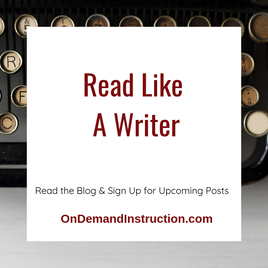
When readers approach a book, they should identify why they are reading. What is the purpose that brings them to the page? I know, of course, that many of us grab a book at the library and automatically dig into it like it’s chocolate cake because we have an inkling of what to expect. But if we take a moment to identify our needs first, our reading process can be more targeted. We can develop a writer’s mindset while we read.
When writers read, we tend to ask more questions about the piece like:
- How did the writer conduct research for this book?
- How did the writer organize their thoughts and ideas?
- How did the writer go through the writing process?
- How did the writer know this idea would lead to a compelling book?
- How does the writer engage the reader throughout the piece?
When we read as writers, we get into the mindset of being the reader and the writer simultaneously. As the reader, we want to be entertained or guided. We want the book to make us better people, better informed professionals, or happily entertained readers. We know how it feels to have a book take over our thoughts so that when we aren’t reading, we’re thinking about the book.
When I read like a writer, I ask how the writer constructs a book-length piece, but I also ask about what and why:
- What are the tools the writer used to construct the piece?
- What was the writer thinking while working on the book?
- What were the challenges the writer overcame during the writing process?
- What phrases came from the writer naturally and which ones were carefully crafted?
- Why did the writer make these particular choices about the piece?
- Why did the writer want to share these specific messages with the reader?
- Why was the writer drawn to this topic in the first place?
- Why would the writer dedicate so much time to a project like this? What are the implications and effects this book could have on readers and society generally?
What a writer does when they read is analyze the piece while reading. We don't just think the way a reader does. We think about what it was like for the writer to create this piece. By getting into that mindset, every book we read becomes a roadmap for writing. Every book is a manual, and if we can pull it apart, we can get a peek behind the curtain and understand the writer’s work a little better.
Related Blog Posts
About the Site
Welcome, Writers!
ODI seeks to provide emerging writers with useful resources to get your writing moving forward.
Archives
September 2023
August 2023
March 2023
January 2023
December 2022
October 2022
May 2022
April 2022
January 2022
December 2021
November 2021
May 2021
March 2021
February 2021
January 2021
June 2020
May 2020
April 2020
March 2020
February 2020
December 2019
November 2019
October 2019
September 2019
July 2019
June 2019
March 2019
February 2019
January 2019
December 2018
November 2018
October 2018
September 2018
August 2018
May 2018
April 2018
March 2018
February 2018
January 2018
December 2017
November 2017
October 2017
July 2017
June 2017
May 2017
April 2017
March 2017
February 2017
January 2017
December 2016
November 2016
October 2016
September 2016
August 2016
July 2016
June 2016
May 2016
February 2016
January 2016
August 2015



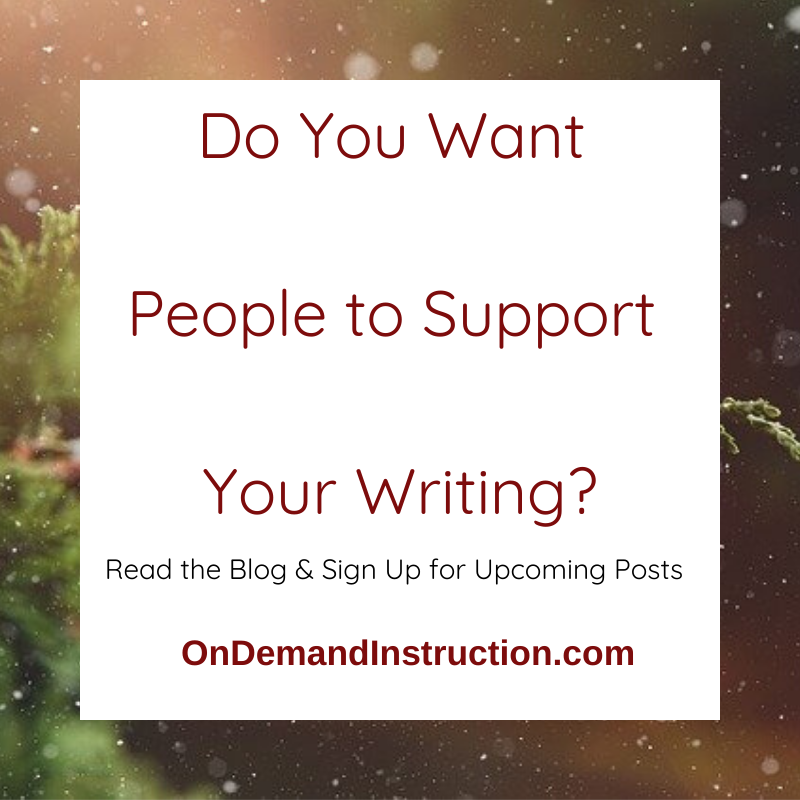
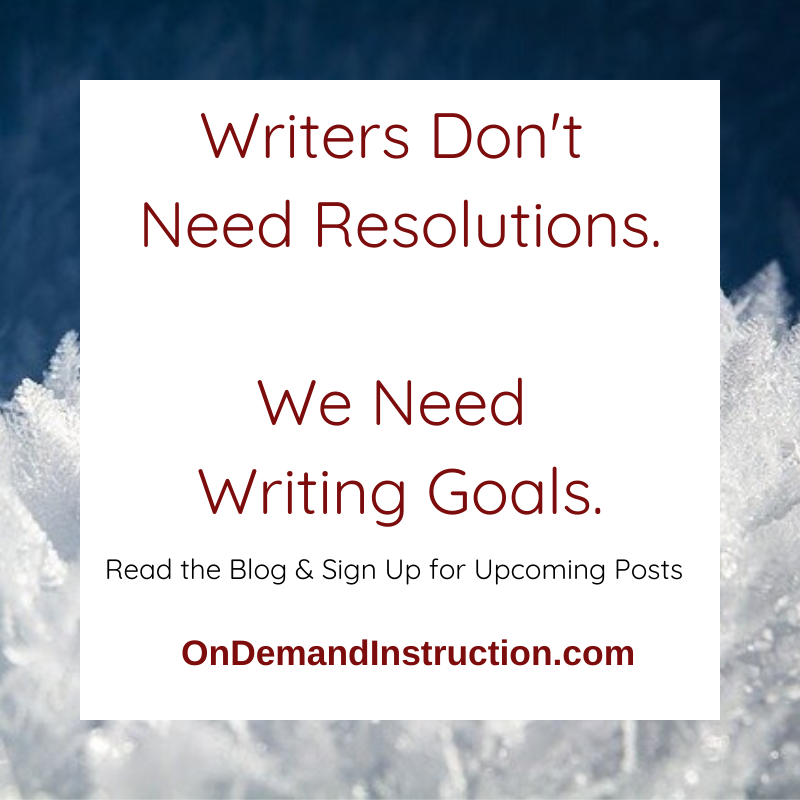
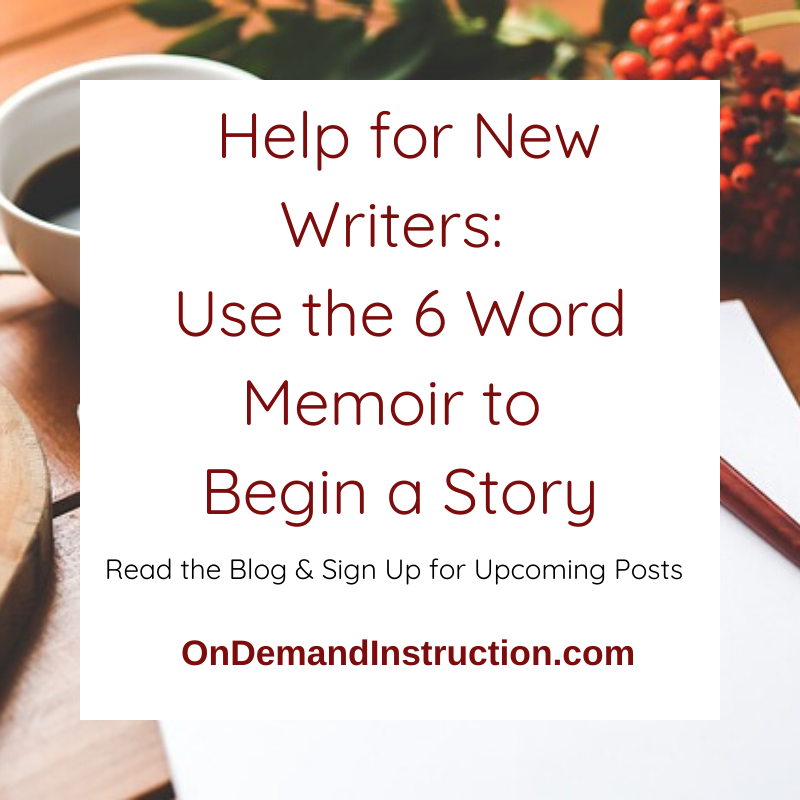
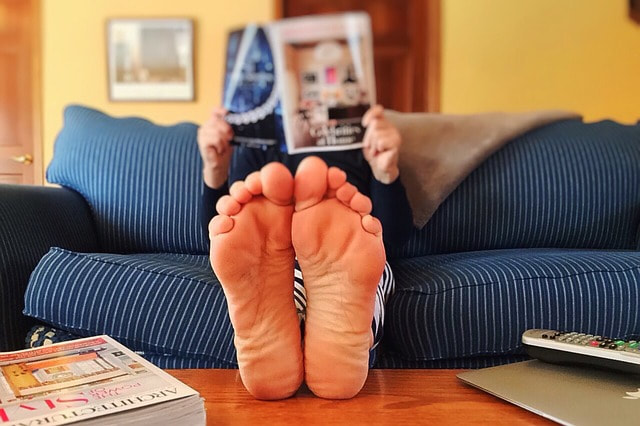
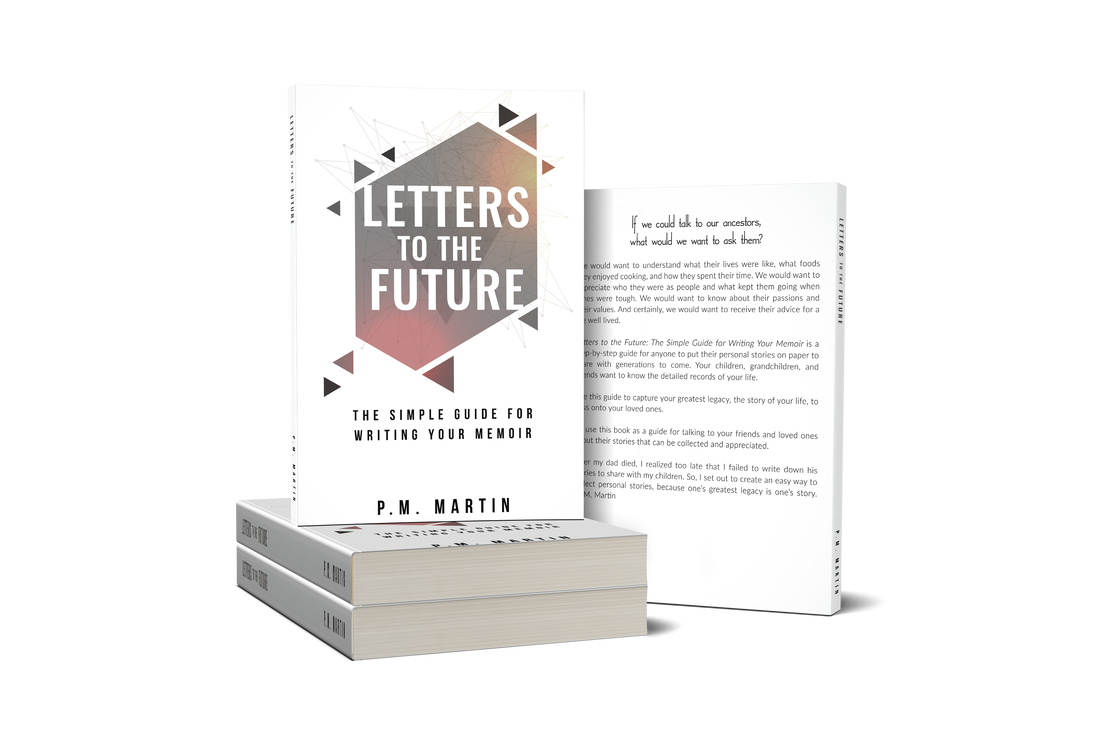
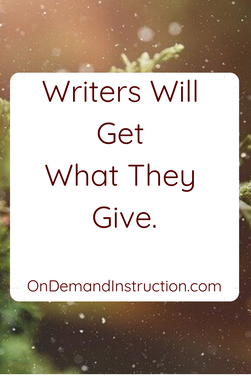
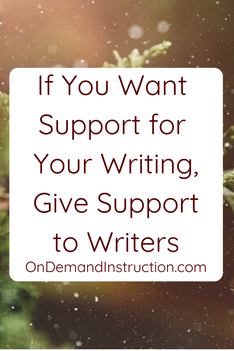
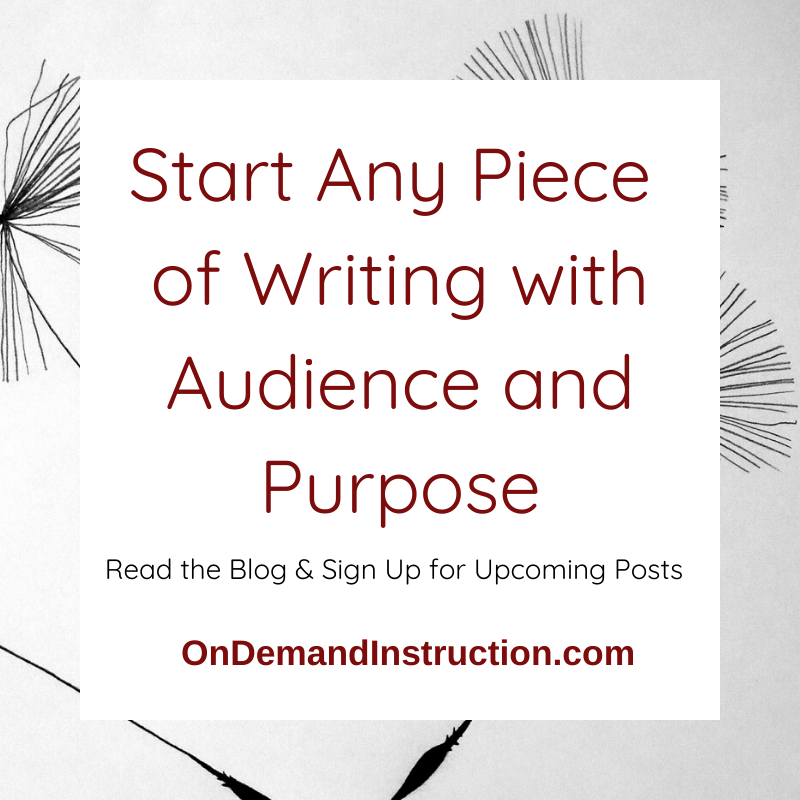
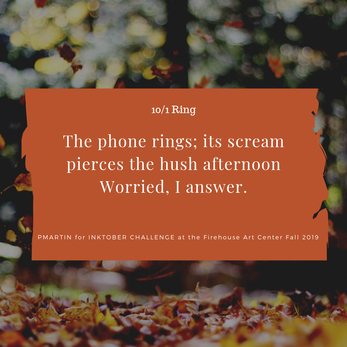
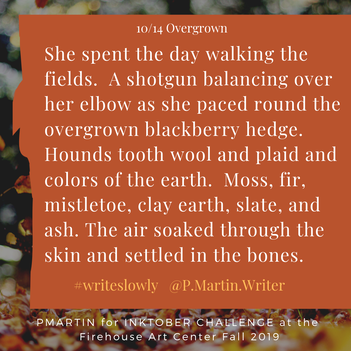
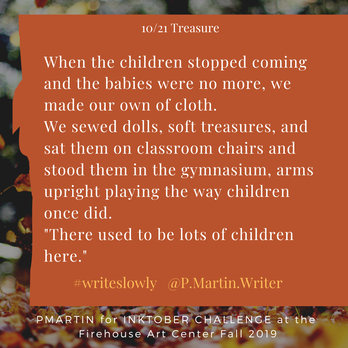
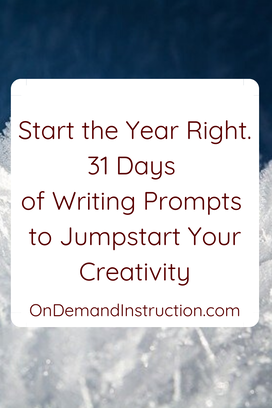
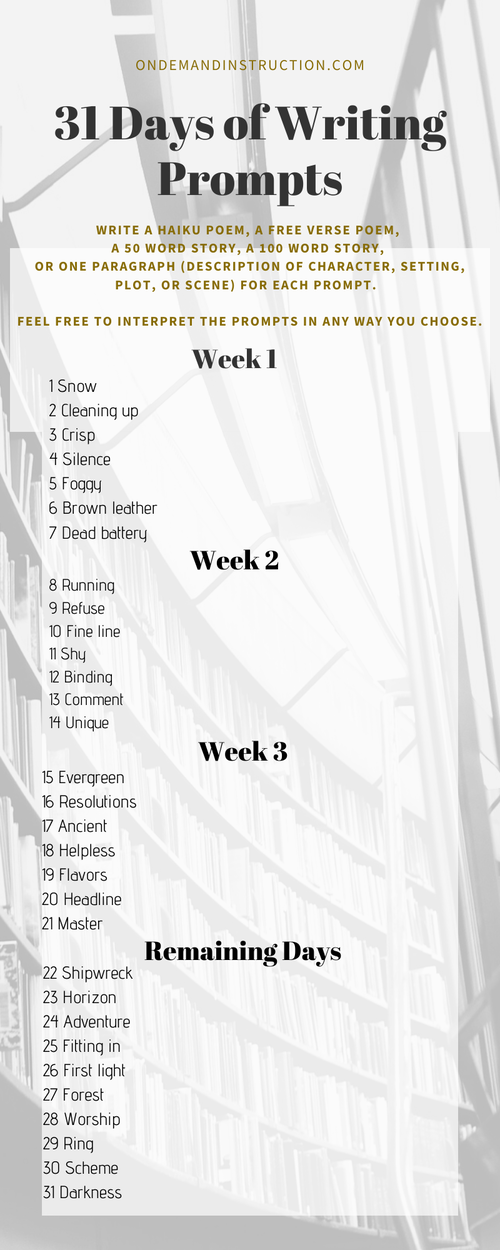
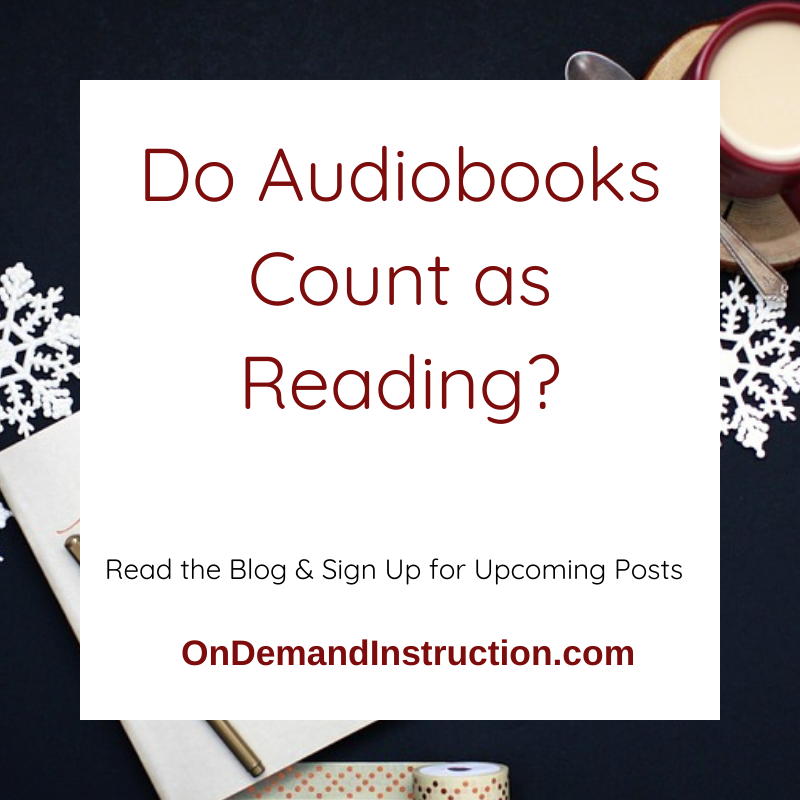
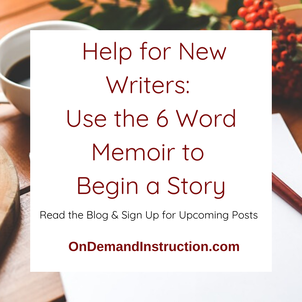

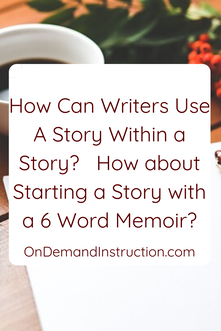


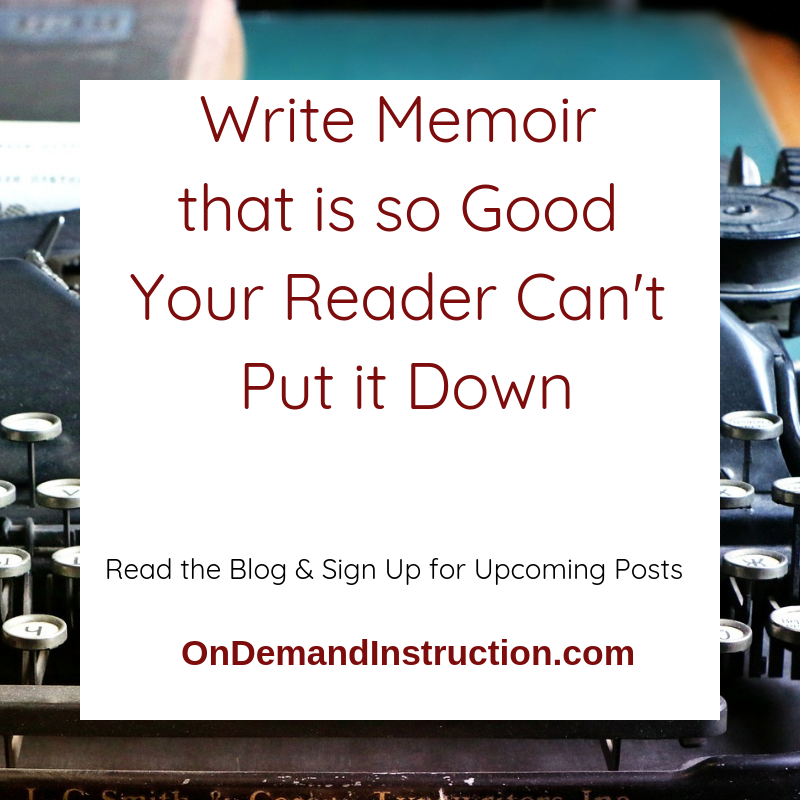
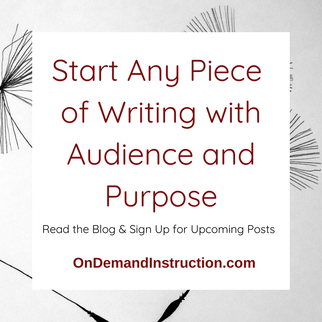
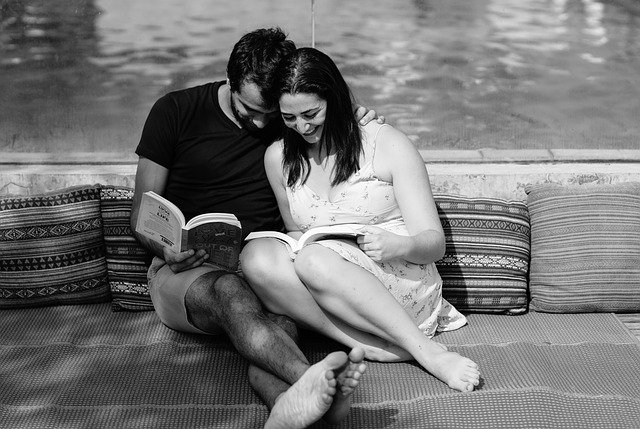
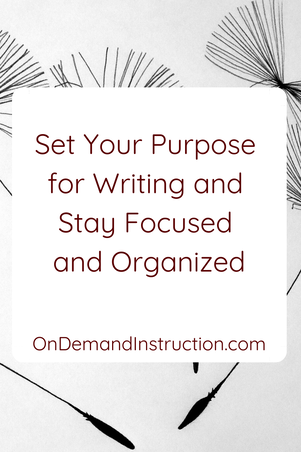

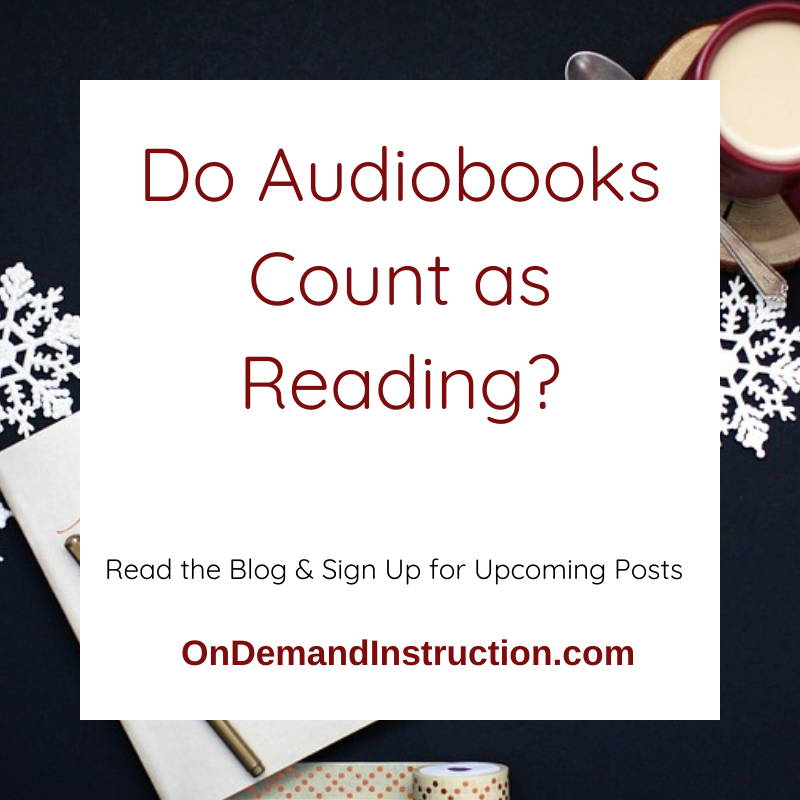
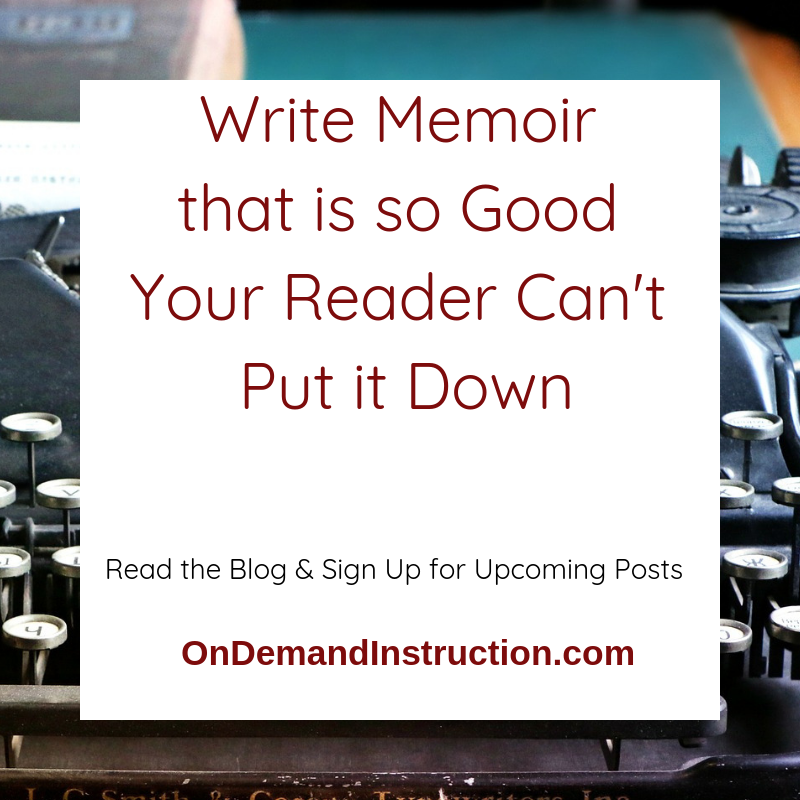
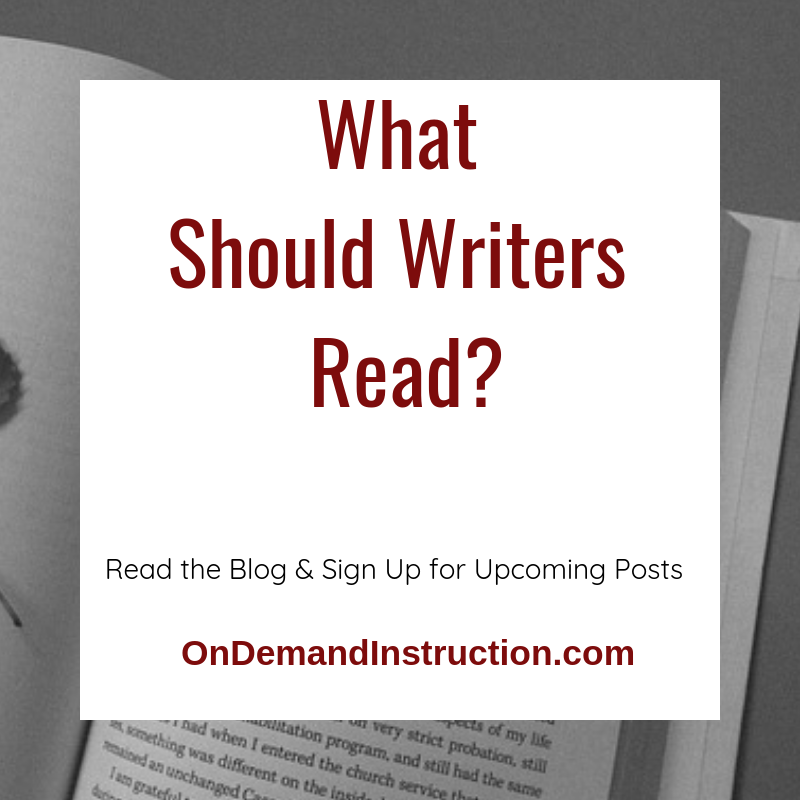

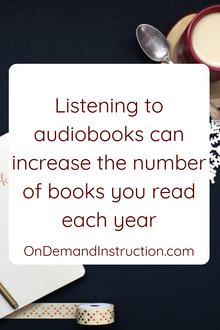

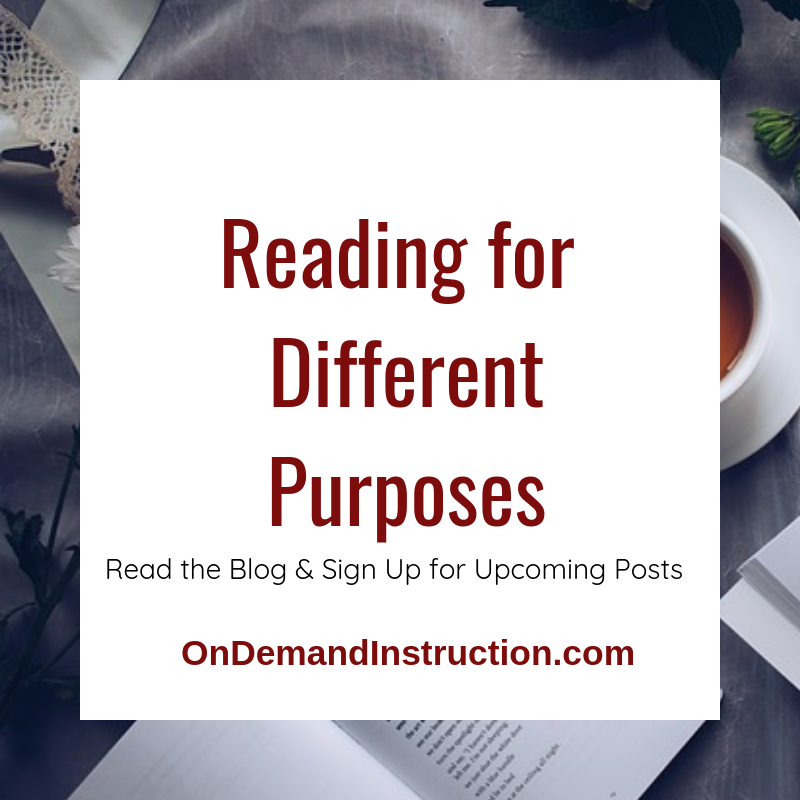
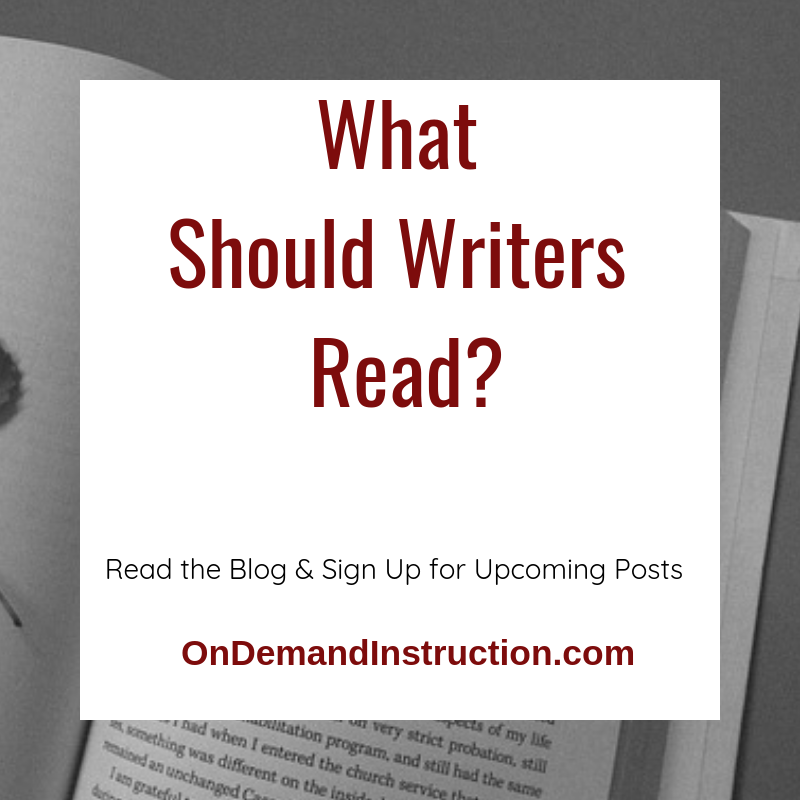
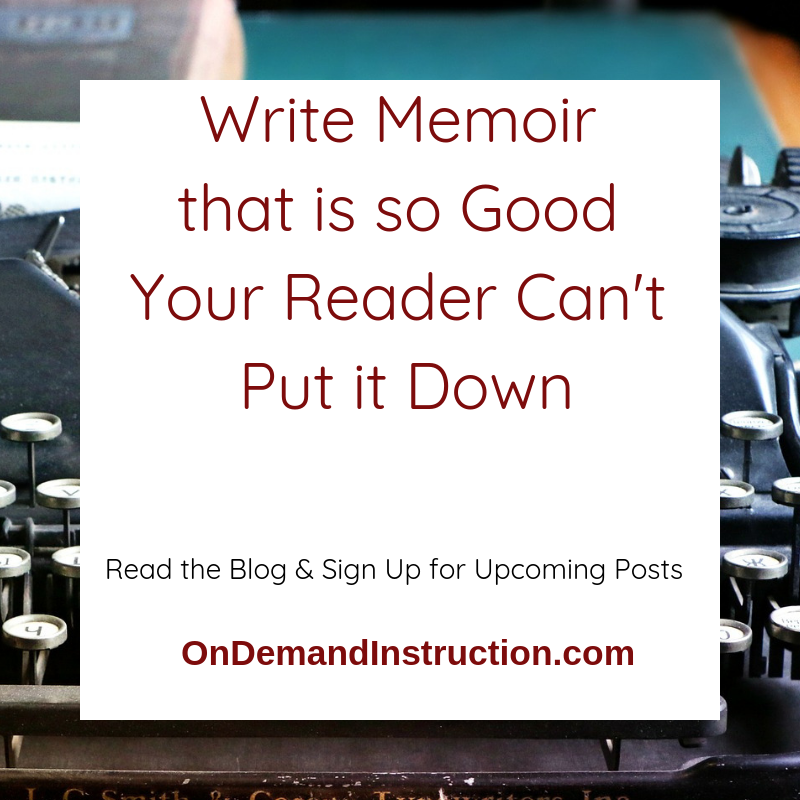

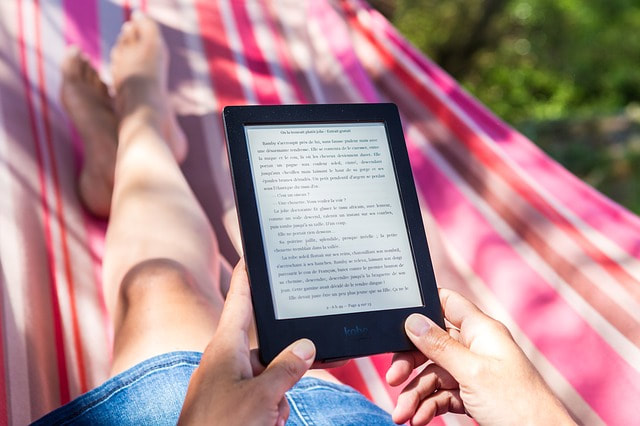
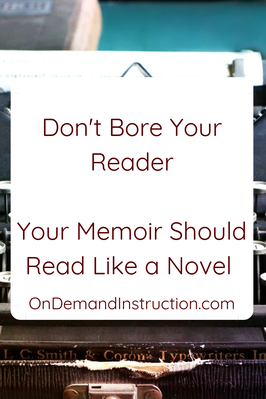
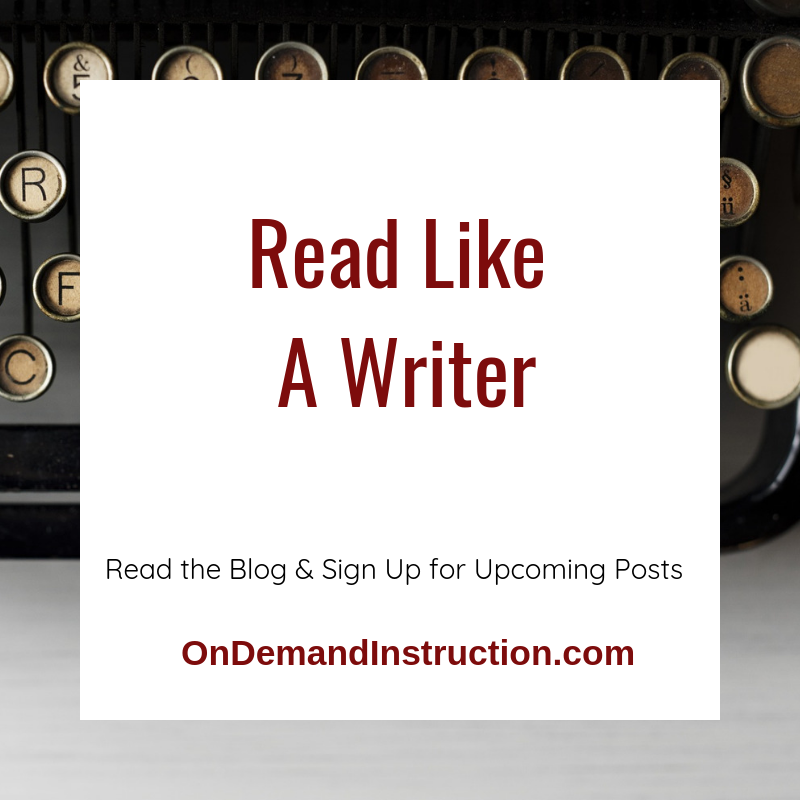
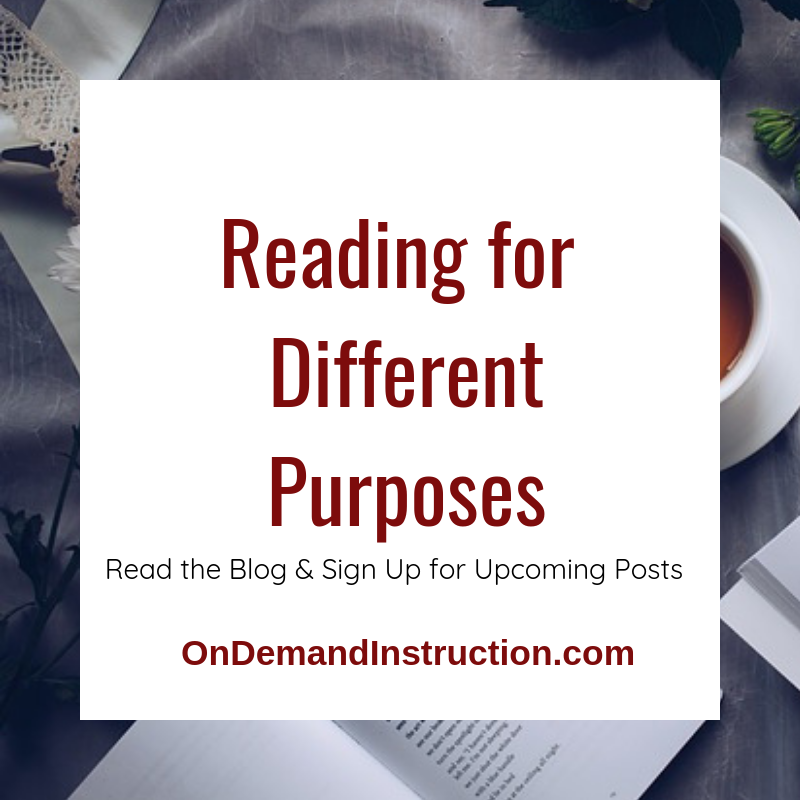
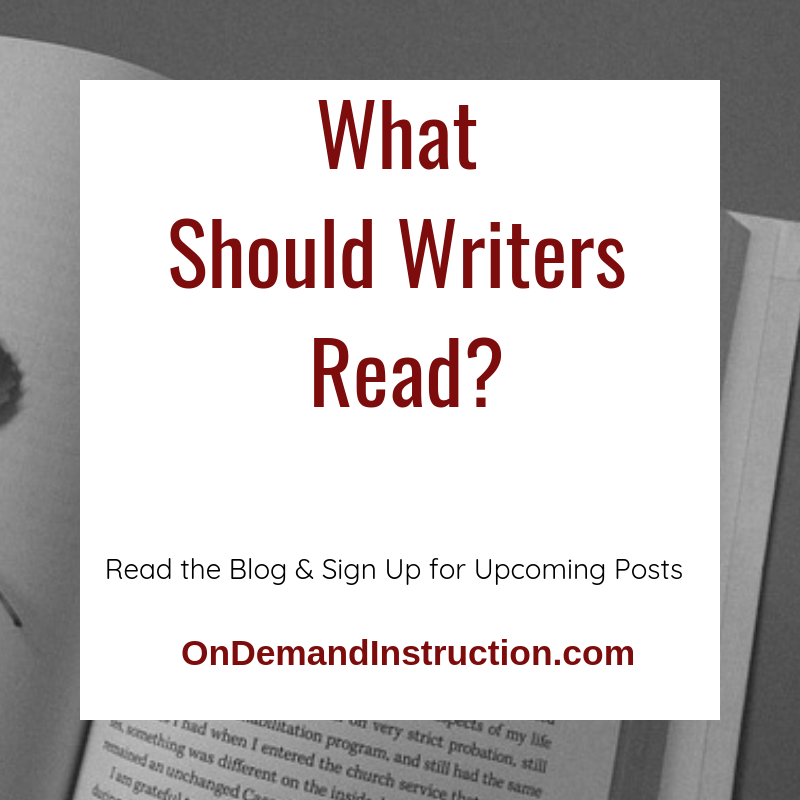

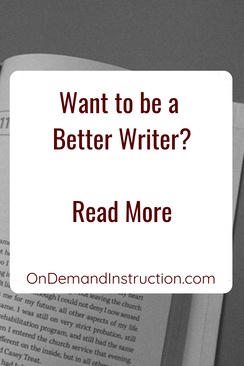

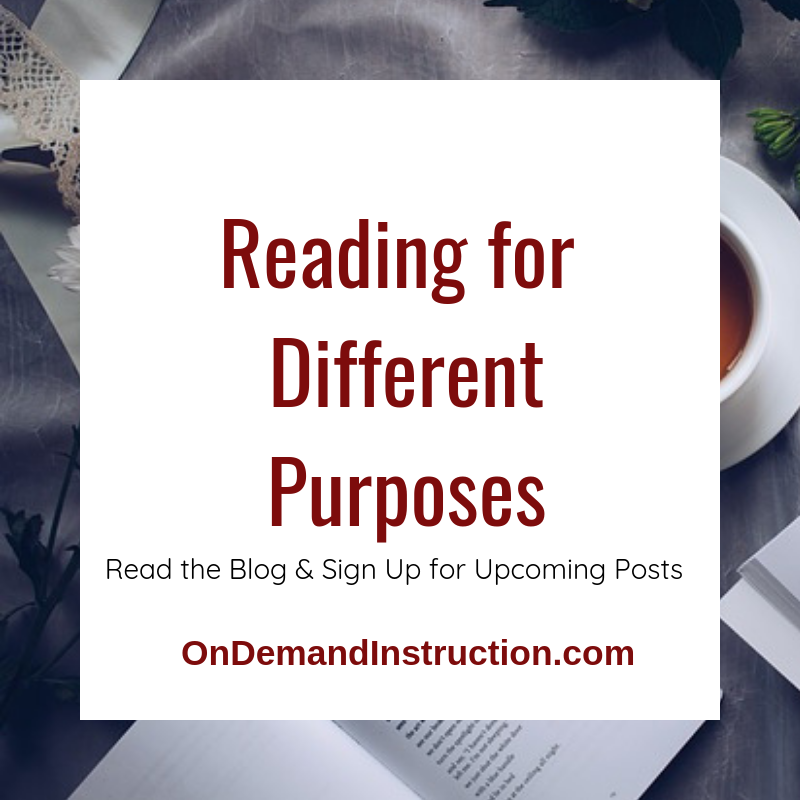
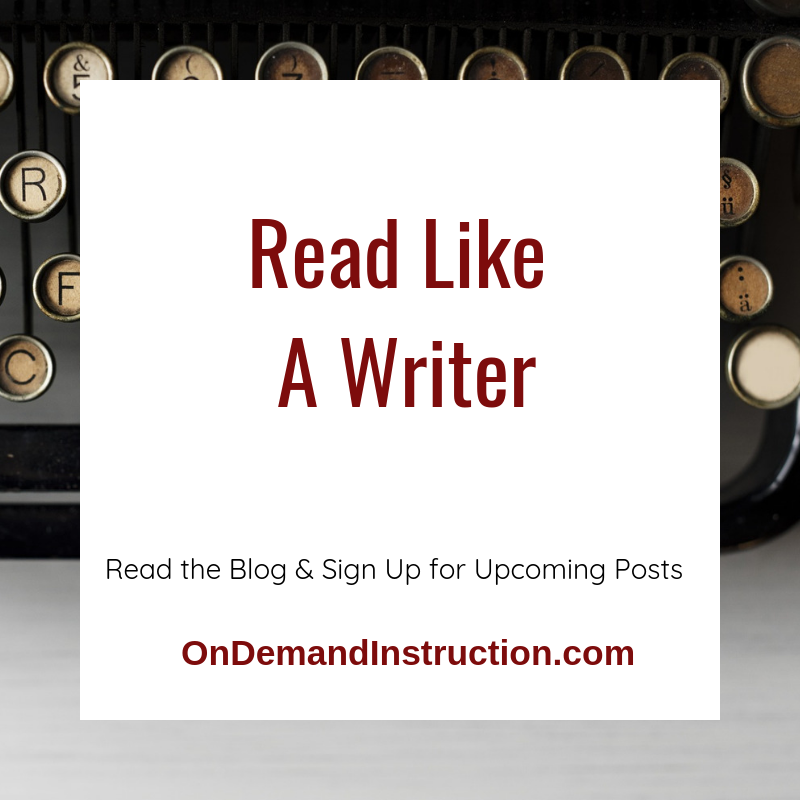
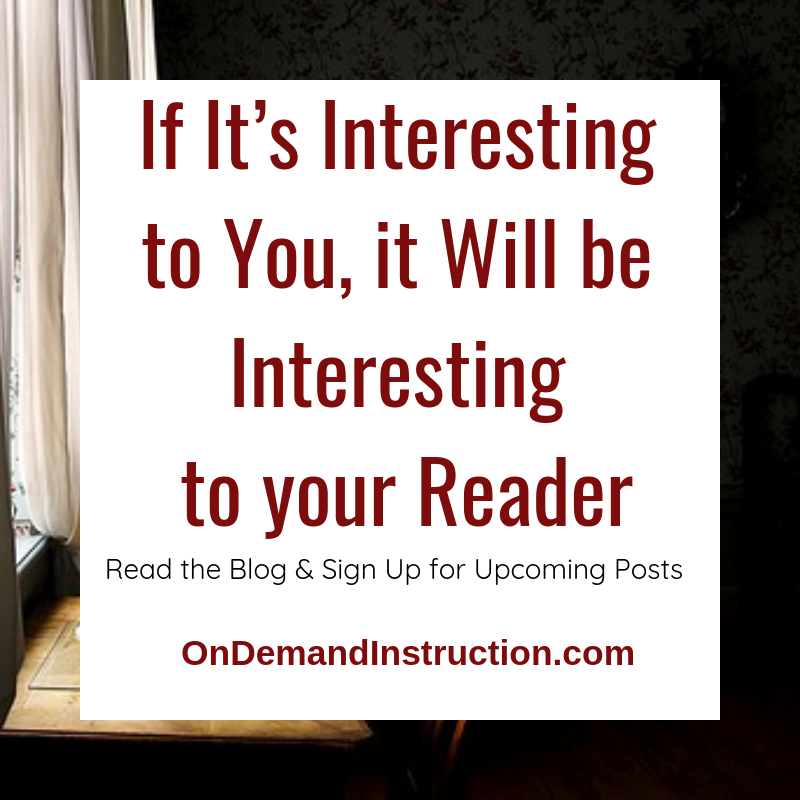
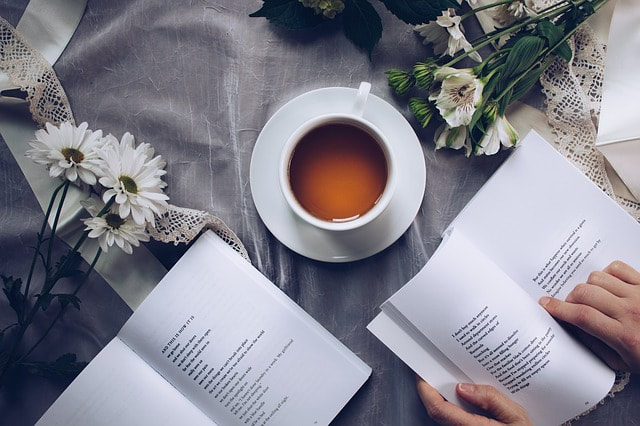
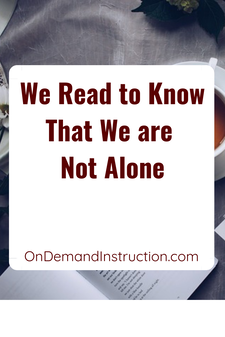
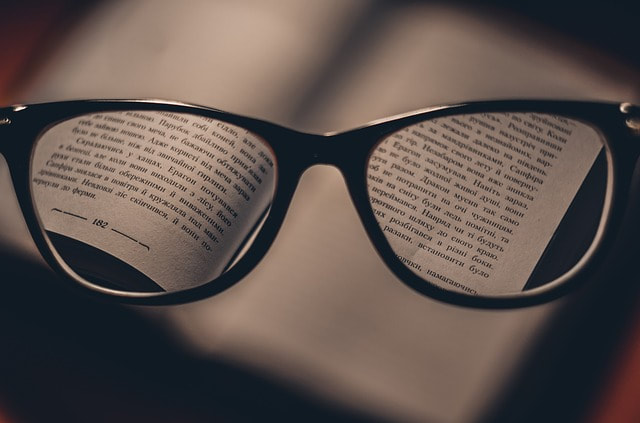
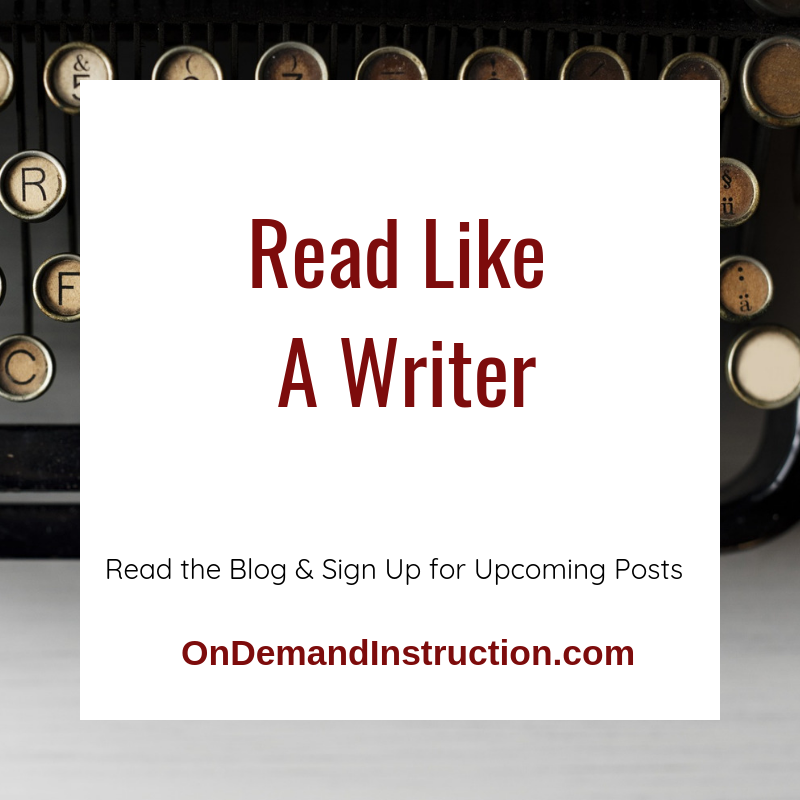
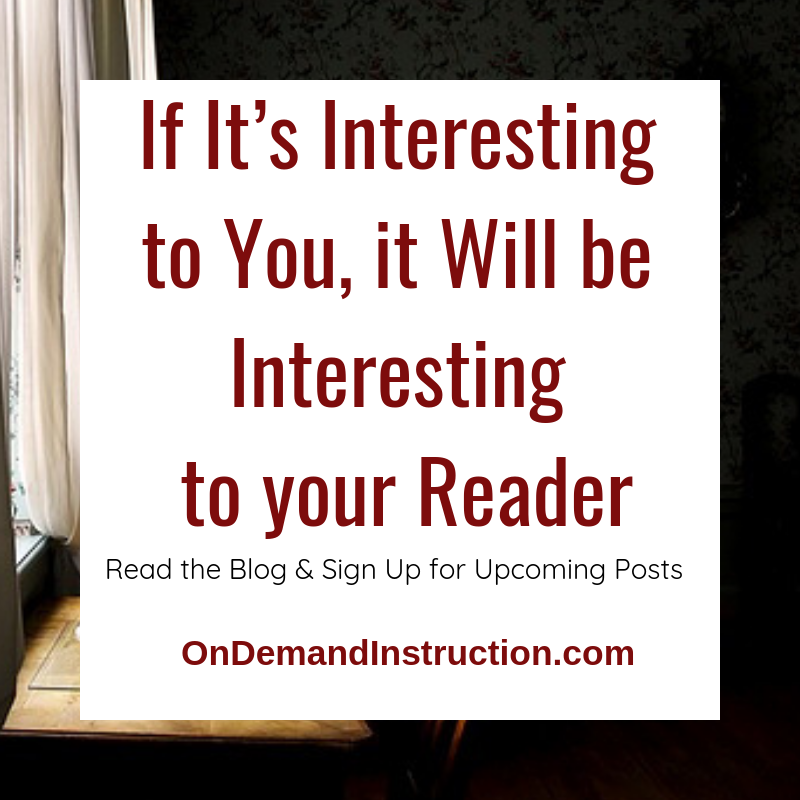
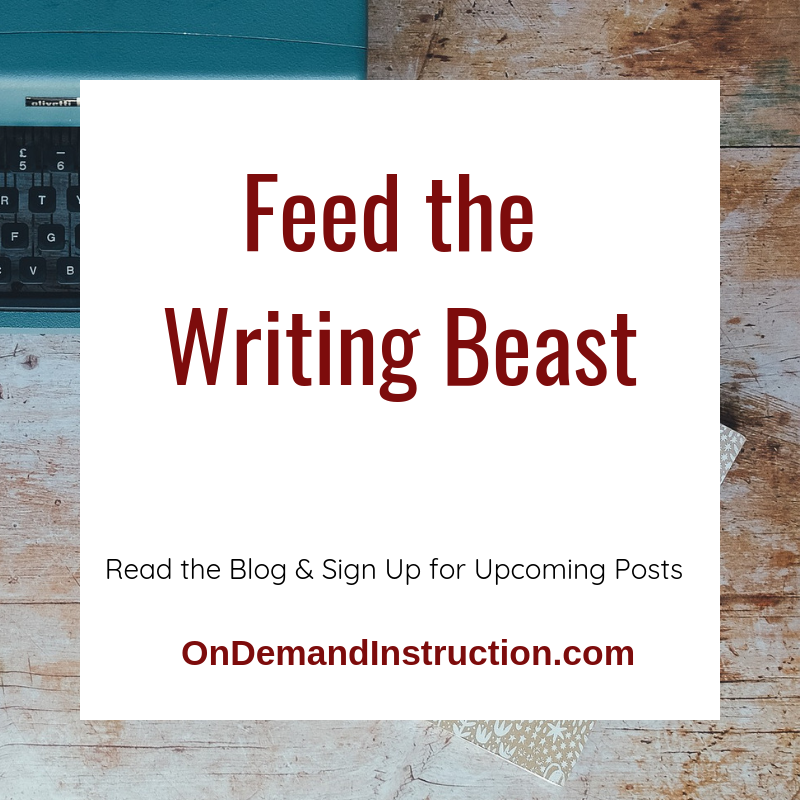


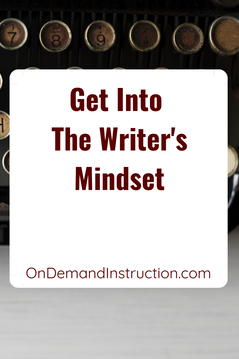
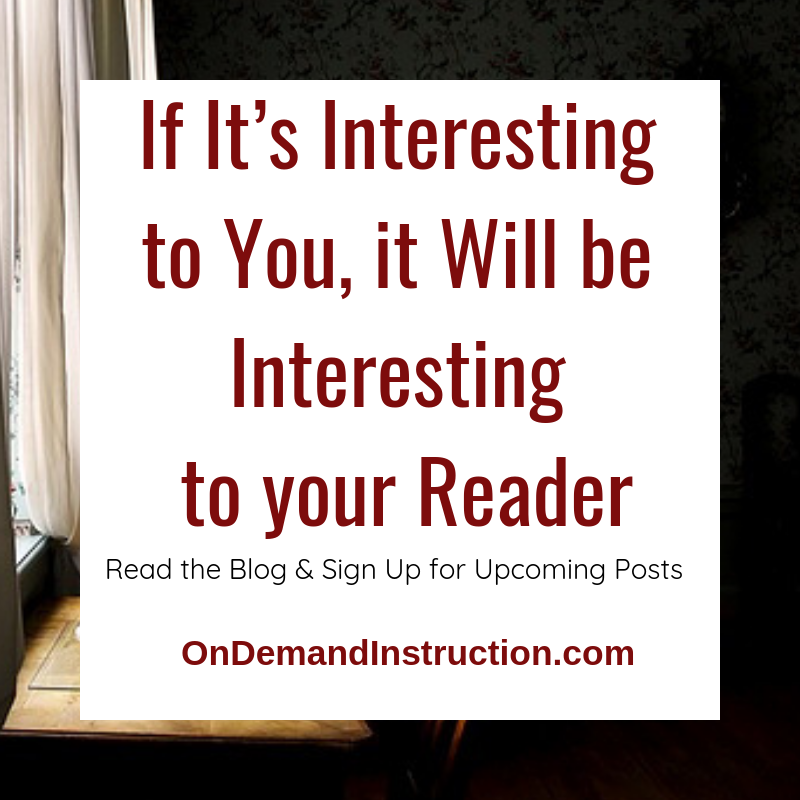
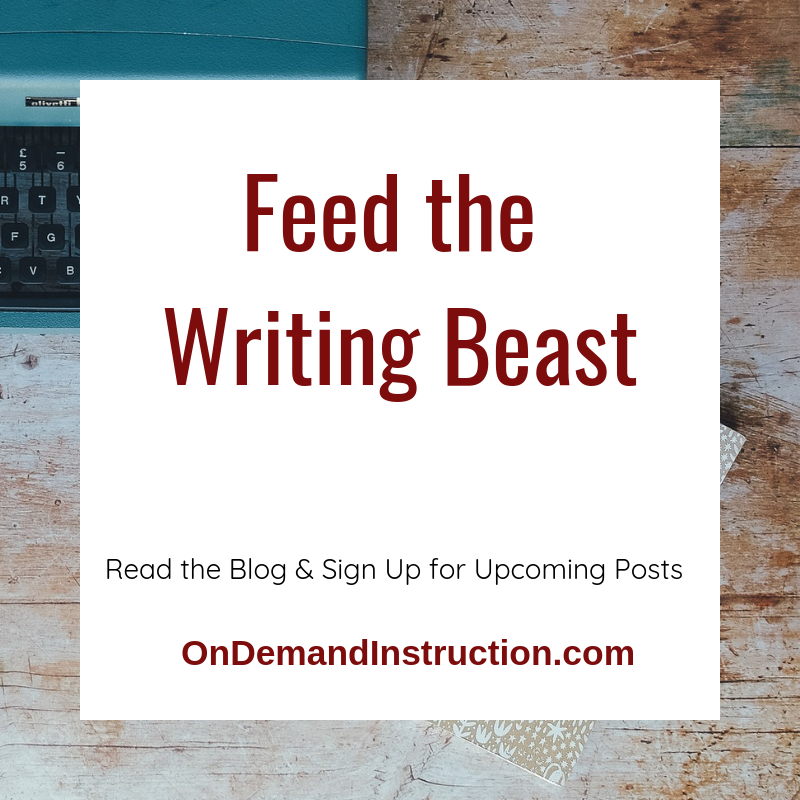
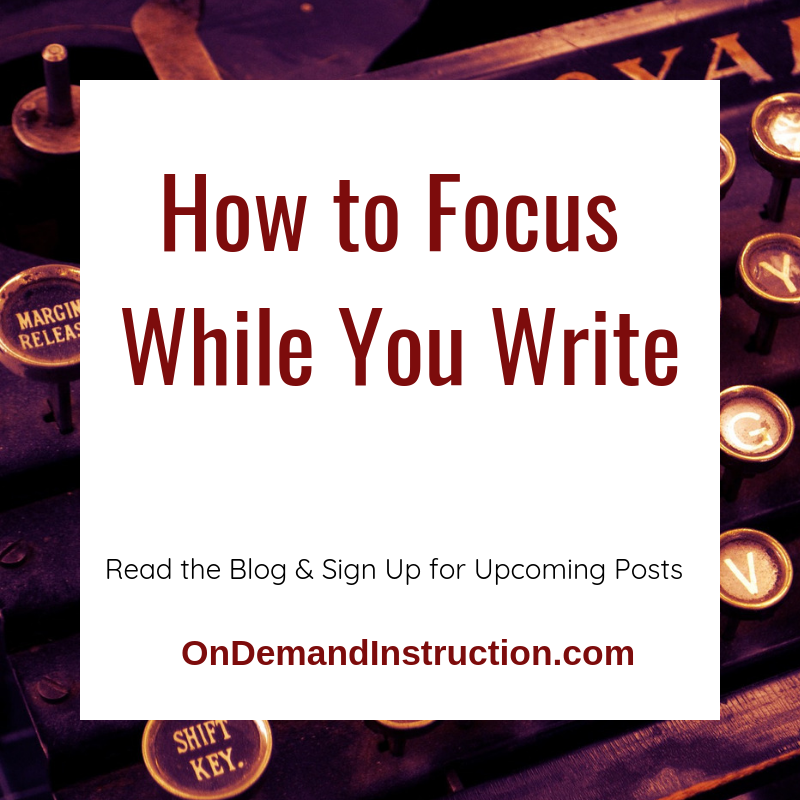
 RSS Feed
RSS Feed